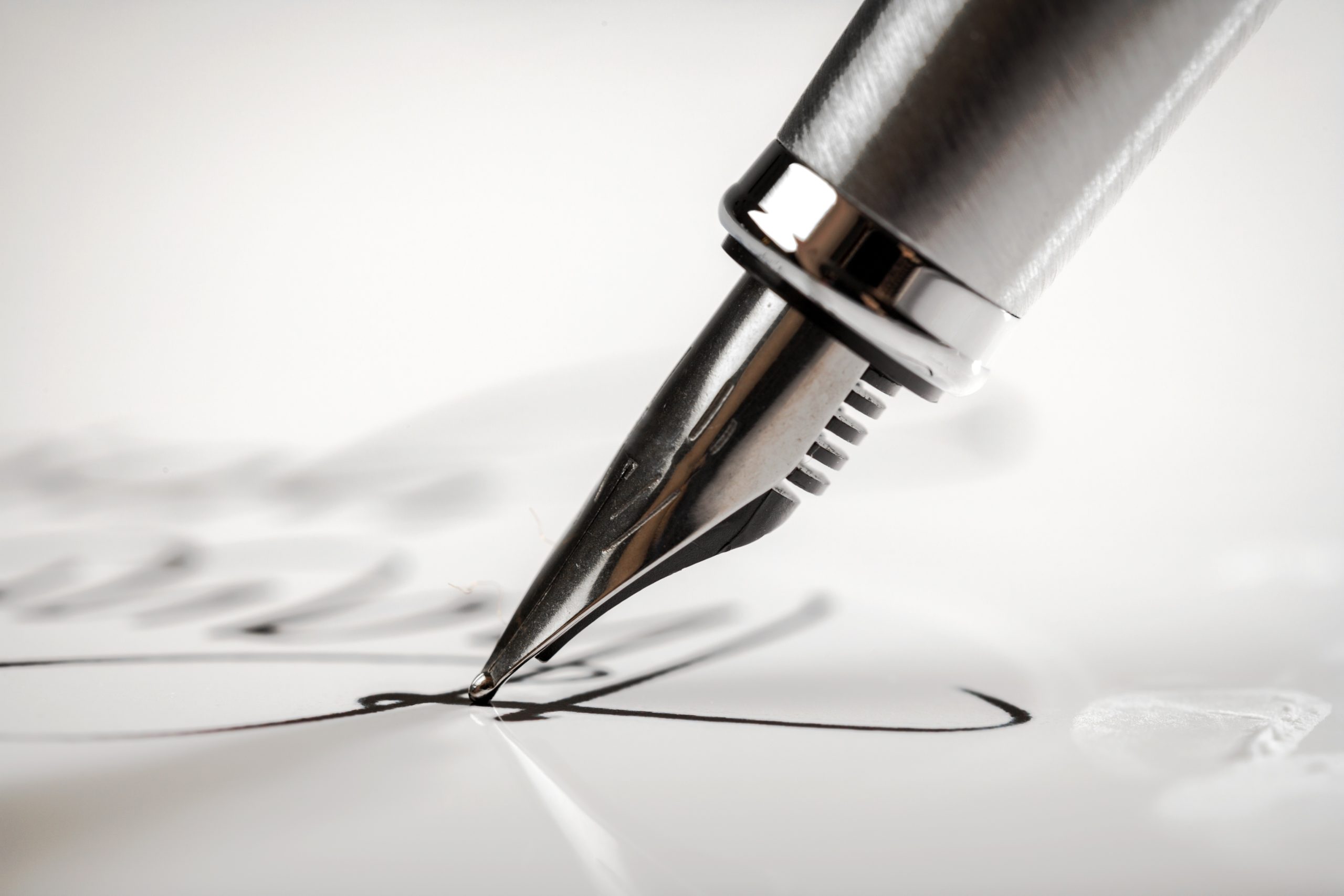
What to do When You Suspect a Will is Forged
The passing of a loved one is never easy, but some of the burden of the loss is mitigated by the drafting of a will and estate plan. Oftentimes, the deceased will have discussed their estate plan with family members, so the reading of a will is usually a fairly uneventful and unsurprising affair. However, on occasion the contents of a will can vary significantly from what was discussed and be surprising, confusing, or completely contrary to what was expected. When this happens, it could be due to forgery, and you should talk to a probate litigation attorney right away about your suspicions.
What is Forgery?
Forgery of a will occurs when someone other than your loved one writes or alters a will without the knowledge or permission of your family member and with the intention of committing fraud. A will is typically forged in order to benefit the person committing forgery with additional assets in the estate or to deprive certain heirs and assigns of their rightful inheritance under the will.
Red Flags of Possible Will Forgery
If something feels off about your loved one’s final will and testament, there are certain red flags to look for that may confirm your suspicion of will forgery. Some of the red flags pointing toward a forged will include the following:
- The will was created without an attorney, or an attorney’s name does not appear on the will
- Pages from the will are missing, misplaced, or replaced
- Pages from the will differ in shade, weight, or age of the paper
- Evidence that staples have been removed or signs of staple holes or rust in locations of old removed staples in the will
- White out, corrections, or additions in the text of the will
- A suspicious signature that does not match the signature of your loved one
There are other red flags that may point to a will forgery, and an experienced probate litigation attorney can review the will to identify any possible signs of a forged will.
Steps to Take if You Suspect Will Forgery
If you suspect that a loved one’s will has been forged, there are some steps that you should immediately take to protect your interest in your loved one’s estate. First, contact a knowledgeable probate litigation attorney to discuss your case. Identify possible suspects of the forgery and, if possible, discuss with family members the possibility of forgery without arousing suspicion. Obtain copies of the will for inspection as well as any prior copies of legitimate wills. These versions of the will may become the current will if forgery is proven in your case and can help prove your loved one’s actual intent for his or her estate.
Call or Contact a Lawyer Today
If you suspect that a loved one’s will has been forged, or have any questions about this article, do not hesitate to contact us. We are happy to answer your questions.
Latest Posts
Duress vs. Undue Influence
In legal contexts, particularly those involving contracts and estate planning, the concepts of duress and undue influence play crucial roles in determining...
Duress vs. Undue Influence
Understanding Estate Property
Understanding Estate Property: Key Concepts and Legal Considerations When someone passes away, their estate encompasses all the assets they owned at the...
Understanding Estate Property
Understanding Probation Litigation Attorneys
Navigating the complexities of the legal system can be daunting, especially when it involves probation issues. This is where a probation litigation...